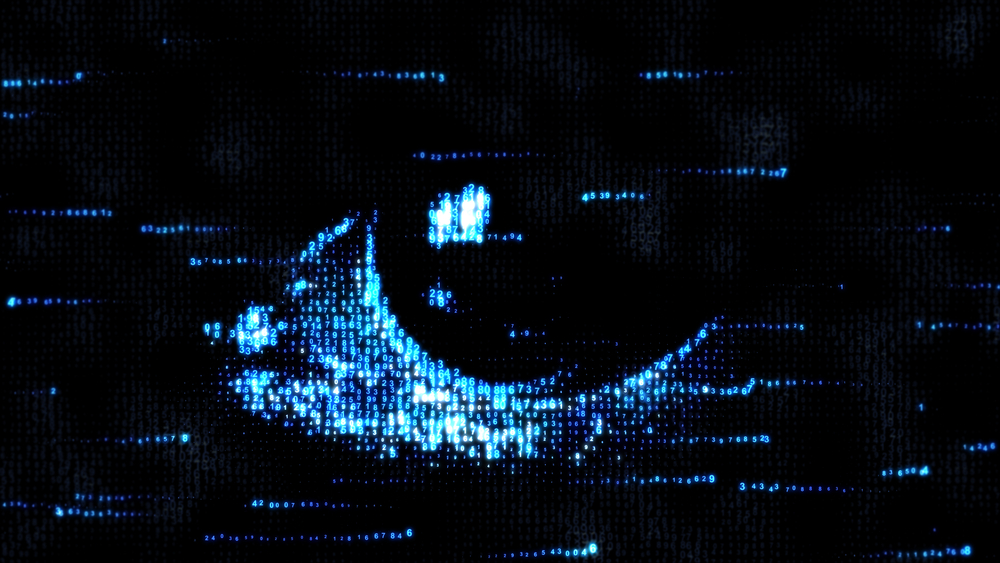If you own a Vizio TV your convesations, the channels you watch, and every thing you did was recorded and stored on the company’s servers. Not only did the company never notify users that they are being spied upon, but they failed to protect this data with the appropriate level of security.
Since its invention, the television impacted the lives of people around the world immensely. Most Americans spend a fair amount of time a day watching programs on their TVs and many have cried foul over the fact so many were watching their TVs so much. The television has been heralded as a beacon of news and entertainment but also cast as the villain. Violence on television and vast amounts of time spent viewing it has been seen as the culprit of endemic social issues. George Orwell even portrays televisions as double agents in 1984, inverting the paradigm of viewer watches screen to screen watching viewer. Orwell may have been on to something. In fact, your television may have been spying on you since 2014.
Television giant Vizio recently has come under fire for just this. Their televisions were collecting data on their users, and doing a less than ideal job of protecting that sensitive information. User experience research and user listening tools are nothing new to companies and products. These are helpful ways of figuring what exactly the customer wants, and how the company can better meet the needs of the customer. Cookies on websites and viewership rates of programs perform similar roles. The difference here of course is that usually companies choose to inform individuals of these data collections methods and after obtaining informed consent, store and analyze the data in a manner which protects the users.
Vizio did neither of these things. Their televisions initially did this kind of data mining in an attempt to make a recommendation system within the smart TV’s functionality, which it never delivered on. Furthermore, after some users became aware of the television’s potential for spying and data collection it was incredibly difficult to disable. To add insult to injury, if a user had figured out how to disable the feature -dubbed “Smart Interactivity”- the program would usually reset after the televisions would download and install a Vizio firmware update.
The price for all of this misconduct? Vizio had settled outside of court on $2.2 million dollars with the FTC. It goes further, as a class action lawsuit is being filed against Vizio after it lost its filed motion to dismiss the case. Vizio can take this kind of monetary hit, but this would shake the confidence of its customer base. Generally, people do not like being spied upon without their knowledge or consent.
With all of the fear surrounding how technology and devices are being used against the very owners of these things, stories like this offer little comfort. Recent CIA revelations have suggested that most devices are capable of being used for passive and active listening. However what I think we can take away from this is that smart devices demand a certain level of smart security. As stories like these continue, more and more consumers will tend to buy devices and services which honor their privacy and can provide the modern conveniences we expect with the security we deserve.
If you liked this article, follow us on Twitter @themerklenews and make sure to subscribe to our newsletter to receive the latest bitcoin, cryptocurrency, and technology news.

